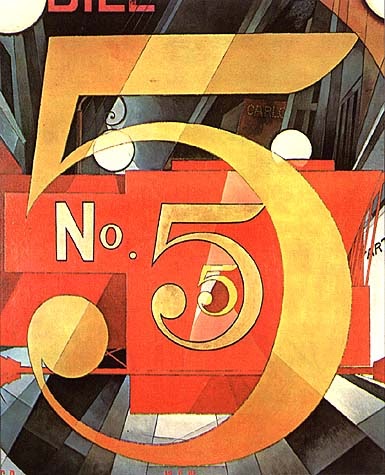Hi All, today we had a saunter through the highways and byways of American Modernism, beginning with William Carlos Williams and ending with Charlie Chaplin. Chaplin’s parody of Adolf Hitler in The Great Dictator is one of the great modernist, linguistic deconstructions of political grandiosity. It is paralleled by Chaplin’s closing speech where, using an entirely different discourse – one grounded in essential humanism- he preaches the virtues of peace and tolerance in a world gone truly mad.
Indeed such were the aims and ambitions of many of the modernists, trying, through their visionary, newly created art forms (in literature, painting, sculpture, music and dance -what have I forgotten?) to undermine the prevailing destructiveness of the human species.
T.S.Eliot especially was one such “modernist” who threw the weight of his creativity at the disordered world, firstly by dramatizing the life of a victim of modern urbanization, J.Alfred Prufrock. Secondly, Eliot created this huge cameo poem which depicted Western Civilization in a state of collapse: The Waste Land. But in this poem he underpinned his narrative with the story of the search for the holy grail. Close to the end of this momentous poem Eliot writes: “These fragments I have shored against my ruins”. This is as if to say that the modernist fragments that compose this poem, have in their entirety been his way of expressing his sense of the way through this terrible scenario that we have created. In his last poems, in particular The Four Quartets, he interrogates the power of his own poetry making, his use of language. As so many modernists – in all art forms- he tries to probe the essence of art making, of poetry making: what can it reach? where can it take us? what is its purpose in this crazy chaotic world? Is it a source of healing? Can it bring us enlightenment? Is it the God given tool that enables us to see beyond our fragmented, destructive world, into a realm that can bring peace and understanding? Here are a few key lines from this wonderful poem, these from section V of “Burnt Norton”:
…. Words, after speech, reach
Into the silence…
And all is always now…..
Sudden in a shaft of sunling
Even while the dust moves
There rises the hidden laughter
Of children in the foliage
Quick, now, here, now always-
Ridiculous the waste sad time
Stretching before and after.
BLOG TOPICS ARISING FROM WEEK 8
1/ Select the one modernist poem or text that you found spoke to you most directly. Quote the text and tell us how the text moved you.
2/ Take a single line from any of the modernist poems in our reading and use this line to create your own modernist poem, using the techniques of imagism.
3/ Add to Ezra Pound’s list of Don’ts (342) as they apply to a beginning writer.
4/ Write a response, either agreeing or disagreeing, with Mina Loy’s revolutionary suggestion that women should undergo “unconditional surgical destruction of virginity” ( 340)
5/ Try to write either a William Carlos Williams, an Ezra Pound or an e.e.cummings poem using your own subject matter but sticking to their language and form. As a starting point you might try either “The Red Wheelbarrow” (309), or “In a Station of the Metro” (318) or e.e.cummings “in Just-” (638))

Charles Demuth “I Saw the figure 5 in Gold” William Carlos Williams
